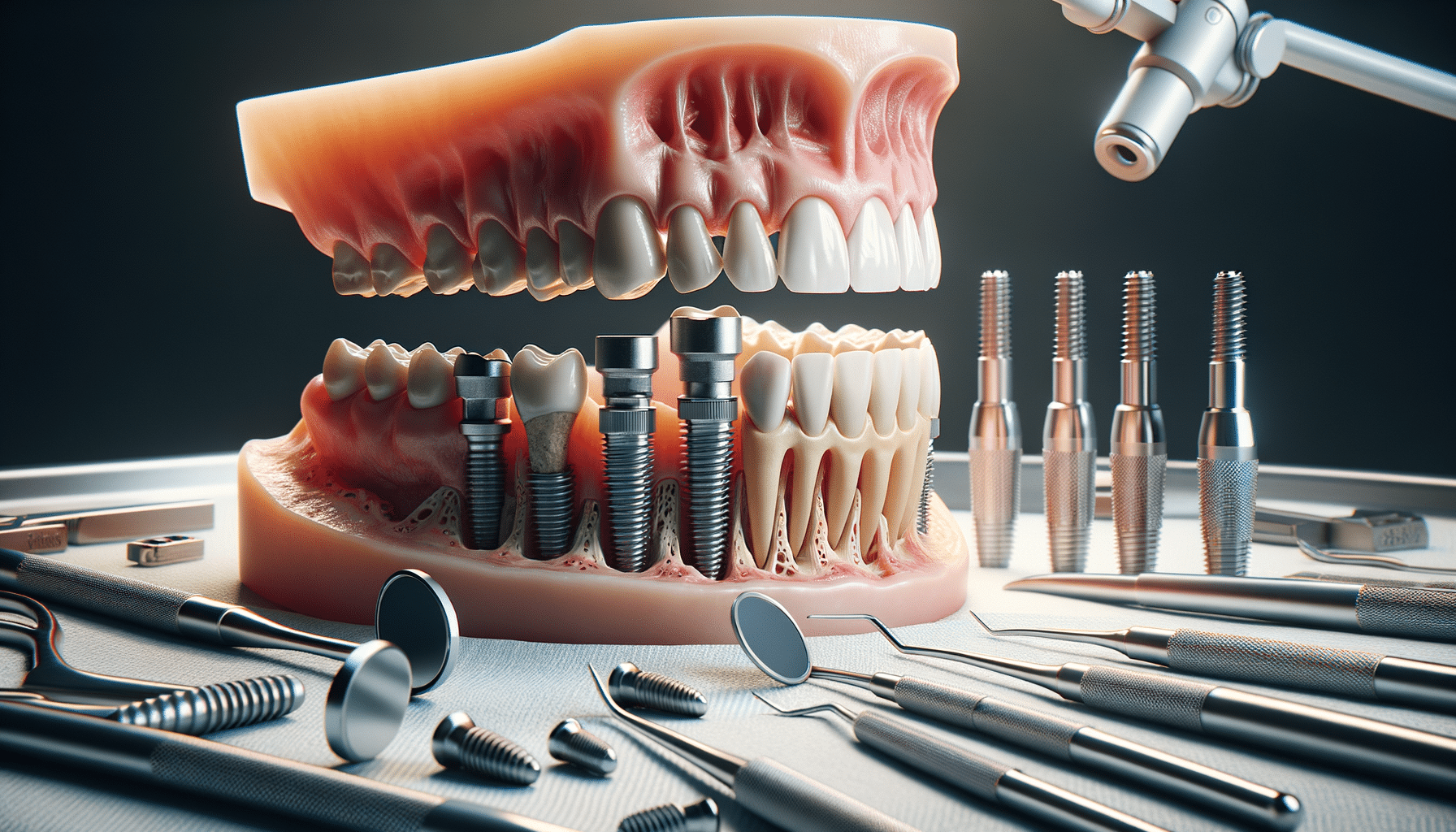
Understanding the Need for Dental Implants
The Basics of Dental Implants
Dental implants have become a cornerstone in modern dentistry, offering a reliable solution for those who have lost teeth. These implants are essentially artificial tooth roots, typically made from titanium, which are surgically placed into the jawbone. Over time, they fuse with the bone, providing a stable foundation for replacement teeth.
There are several reasons why someone might need dental implants. Tooth loss due to decay, gum disease, or injury can affect one’s ability to chew and speak properly. Moreover, missing teeth can lead to bone loss in the jaw, altering facial structure and appearance. Dental implants not only restore function but also help maintain the jawbone’s integrity, preventing further deterioration.
Another compelling reason for considering dental implants is their durability. Unlike dentures, which may need frequent adjustments or replacements, implants are designed to last for many years, offering a more permanent solution. This longevity, combined with their natural appearance, makes them a popular choice for many.
Comparing Dental Implants with Other Tooth Replacement Options
When it comes to replacing missing teeth, dental implants are not the only option. Dentures and bridges are also commonly used, each with its own set of advantages and drawbacks. Understanding these differences can help in making an informed decision.
Dentures are removable appliances that can replace multiple missing teeth. They are generally more affordable upfront compared to implants. However, they may be less comfortable and require regular maintenance. Dentures can slip or cause sore spots in the mouth, which might necessitate adjustments.
Bridges, on the other hand, are fixed prosthetics that rely on adjacent teeth for support. While bridges can be a good option for those who are not candidates for implants, they require the alteration of healthy teeth to anchor the bridge. This can lead to issues with these teeth in the future.
Dental implants stand out for their ability to function like natural teeth. They do not rely on neighboring teeth for support, preserving the overall oral structure. Although the initial cost of implants may be higher, their long-term benefits often outweigh the investment, making them a preferred choice for many seeking a lasting solution.
Considerations and Benefits of Choosing Dental Implants
Choosing dental implants involves several considerations. The process requires a surgical procedure and a period of healing, during which the implant integrates with the jawbone. This can take several months, but the outcome is a secure and stable foundation for the replacement teeth.
Before opting for implants, patients should undergo a thorough evaluation to ensure they are suitable candidates. This includes assessing bone density, overall health, and any underlying conditions that might affect healing. For those who qualify, the benefits of dental implants are significant.
- Improved Oral Health: Implants help maintain the health of the jawbone and surrounding teeth.
- Enhanced Aesthetics: They provide a natural look and feel, boosting confidence and self-esteem.
- Functionality: Implants restore full chewing ability, allowing for a varied and balanced diet.
- Convenience: Unlike dentures, implants eliminate the need for adhesives and are cared for like natural teeth.
While the decision to get dental implants should be made in consultation with a dental professional, understanding their benefits and the process involved can help individuals make an informed choice. With proper care, dental implants can offer a lifetime of improved oral health and quality of life.


